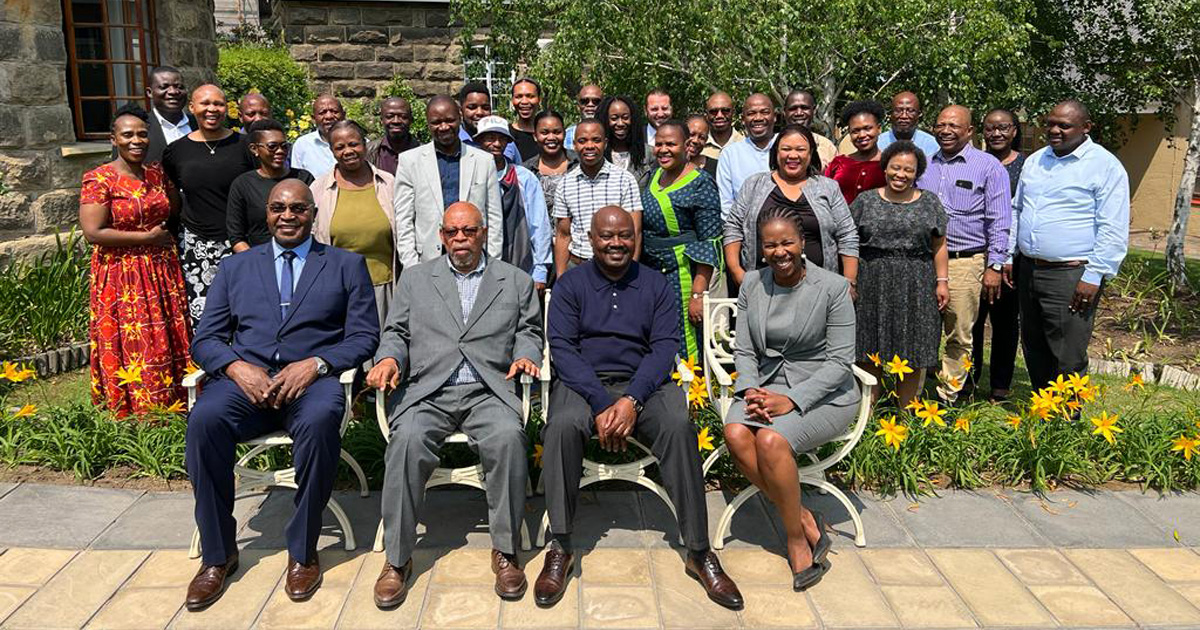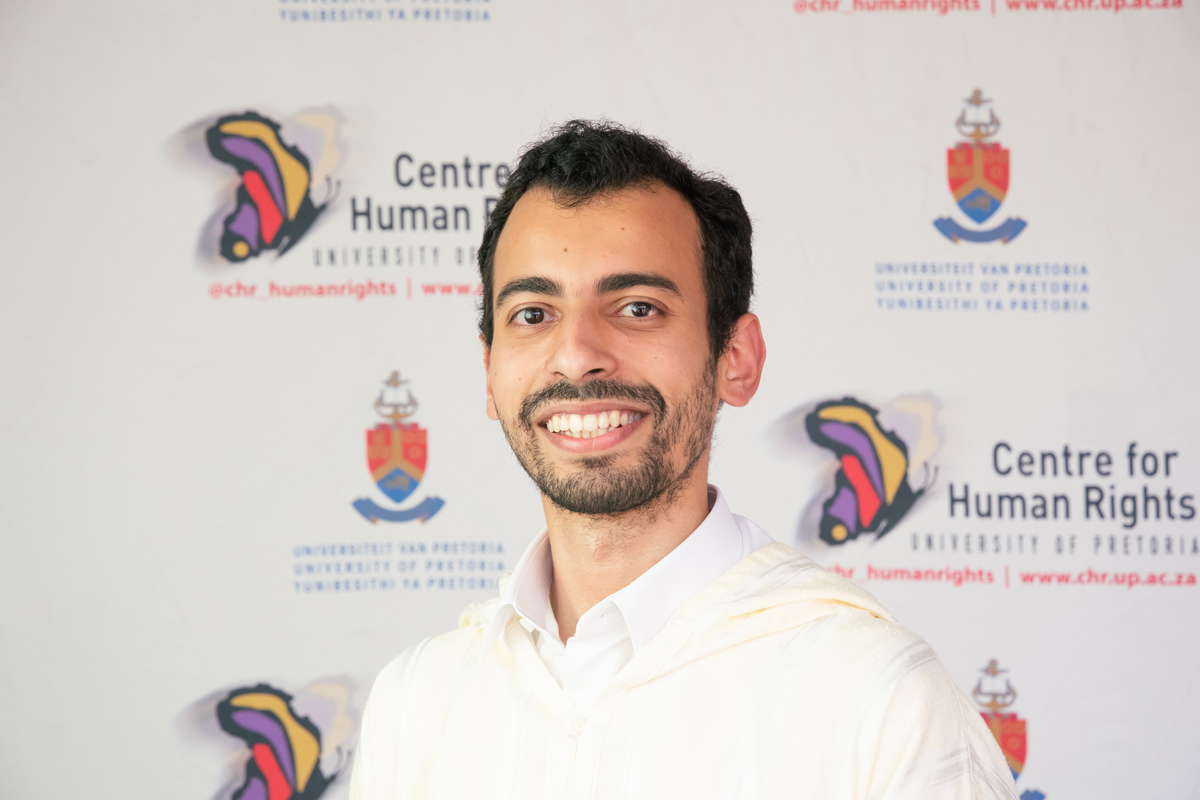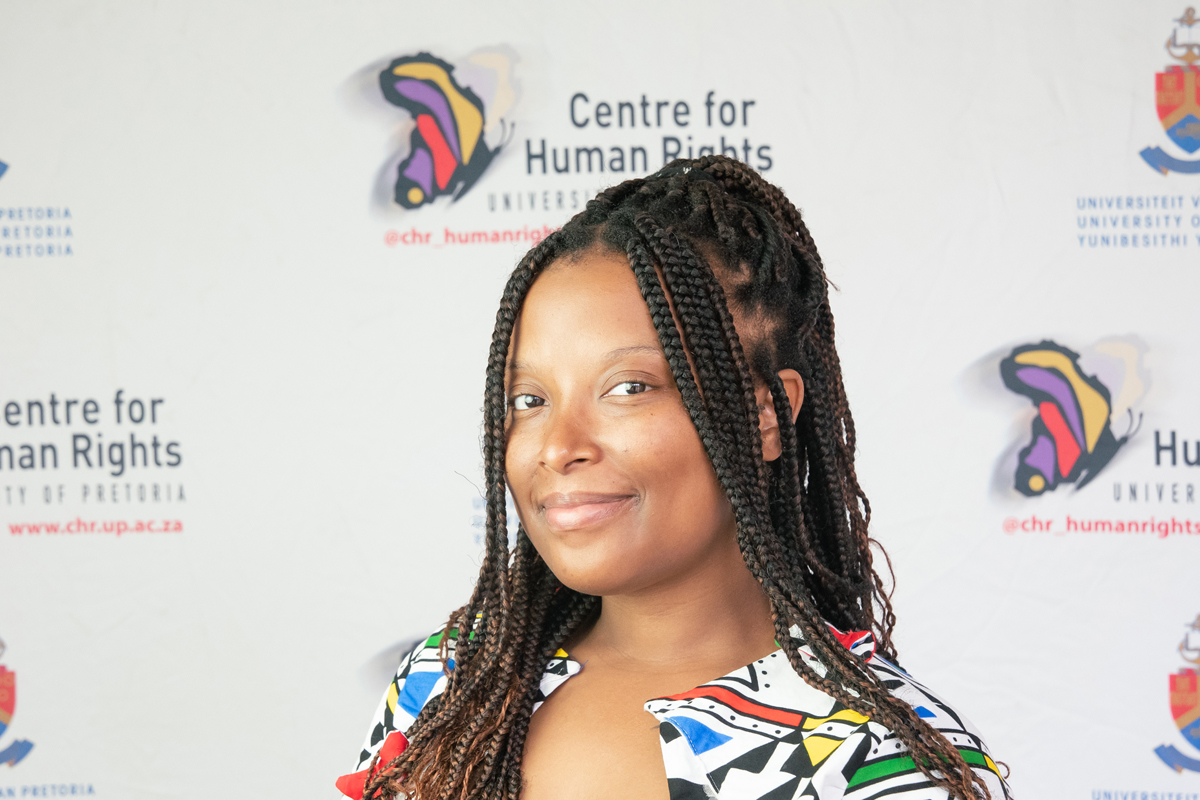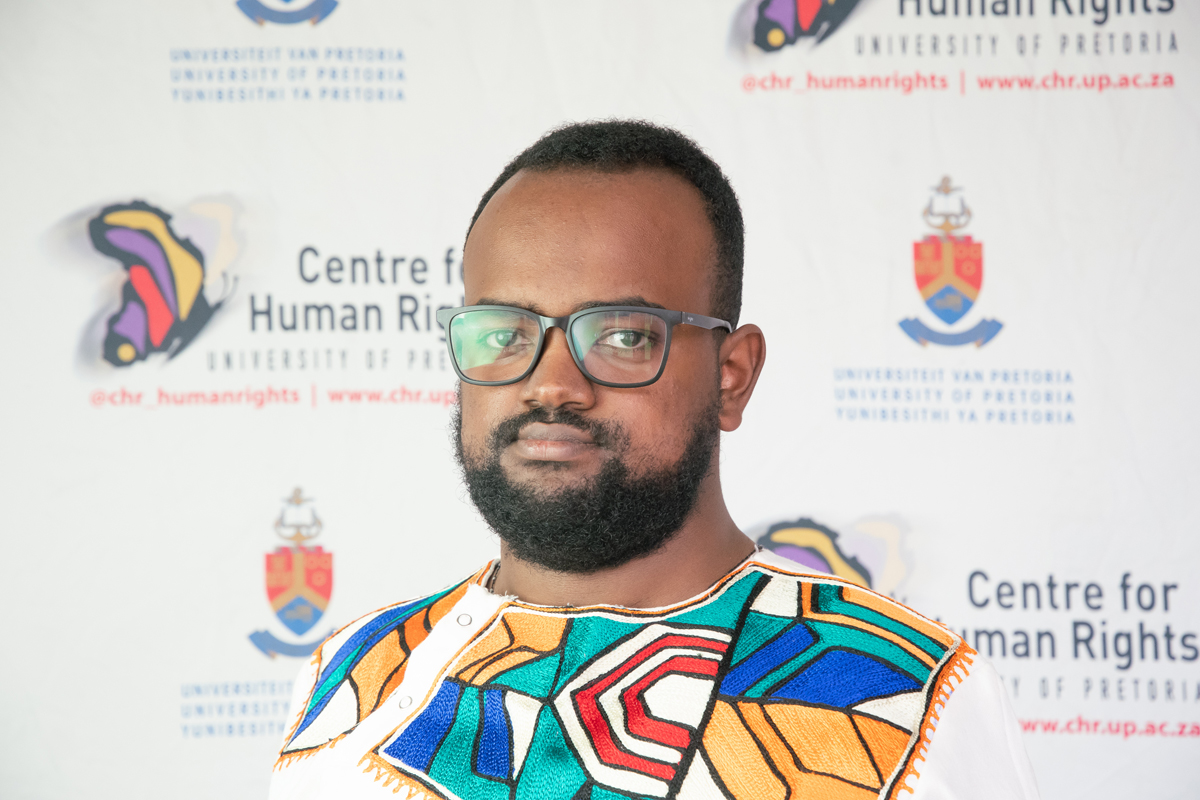The right to access justice is an important cross-cutting right that is a pre-requisite for the enjoyment and vindication of all other human rights and fundamental freedoms. Enshrined in article 13 of the Convention of the Rights of Persons with Disabilities (CRPD) and article 13 of the Protocol to the African Charter on Human and People’s Rights on the Rights of Persons with Disabilities in Africa (African Disability Protocol), the right guarantees effective access to justice through the provision of procedural, age and gender-appropriate accommodations.
Lesotho ratified the CRPD on 2 December 2008 but is yet to ratify the African Disability Protocol. In 2021, Lesotho enacted the Persons with Disability Equity Act (PDEA) (Act No. 2 of 2021), indicating its desire to domesticate the norms, rights, and standards set out in the CRPD, including the right to access justice which is enshrined in section 32 of the PDEA.
The judiciary plays a pivotal role in ensuring equal access to justice for all persons with disabilities. Both the CRPD and the African Disability Protocol recognise this by requiring appropriate training for those involved in the administration of justice, including the judiciary. To that end, the Centre collaborated with the International Commission of Jurists (ICJ) to conduct a one and a half day judicial workshop on access to justice for persons with disabilities in Lesotho from 11 to 12 October 2022. The workshop brought together members of the judiciary including judges and magistrates, as well as regional experts from Zambia and Kenya to discuss ways of ensuring equal access to justice for persons with disabilities. The workshop focused on the requirements for enhancing access to justice for persons with disabilities in accordance with section 32 of the PDEA. Notably, Chief Justice Sokoane Sokoane, who was amongst the participants at the workshop, committed to assemble a Committee that would draft court rules aimed at ensuring that persons with disabilities in Lesotho participate effectively in the justice system as required by section 32(1) of the PDEA. When completed, these will be the first court rules on access to justice for persons with disabilities on the continent. The Centre commends the Lesotho judiciary for the innovative approach and urges all African countries to follow the example of the Lesotho judiciary in this regard.
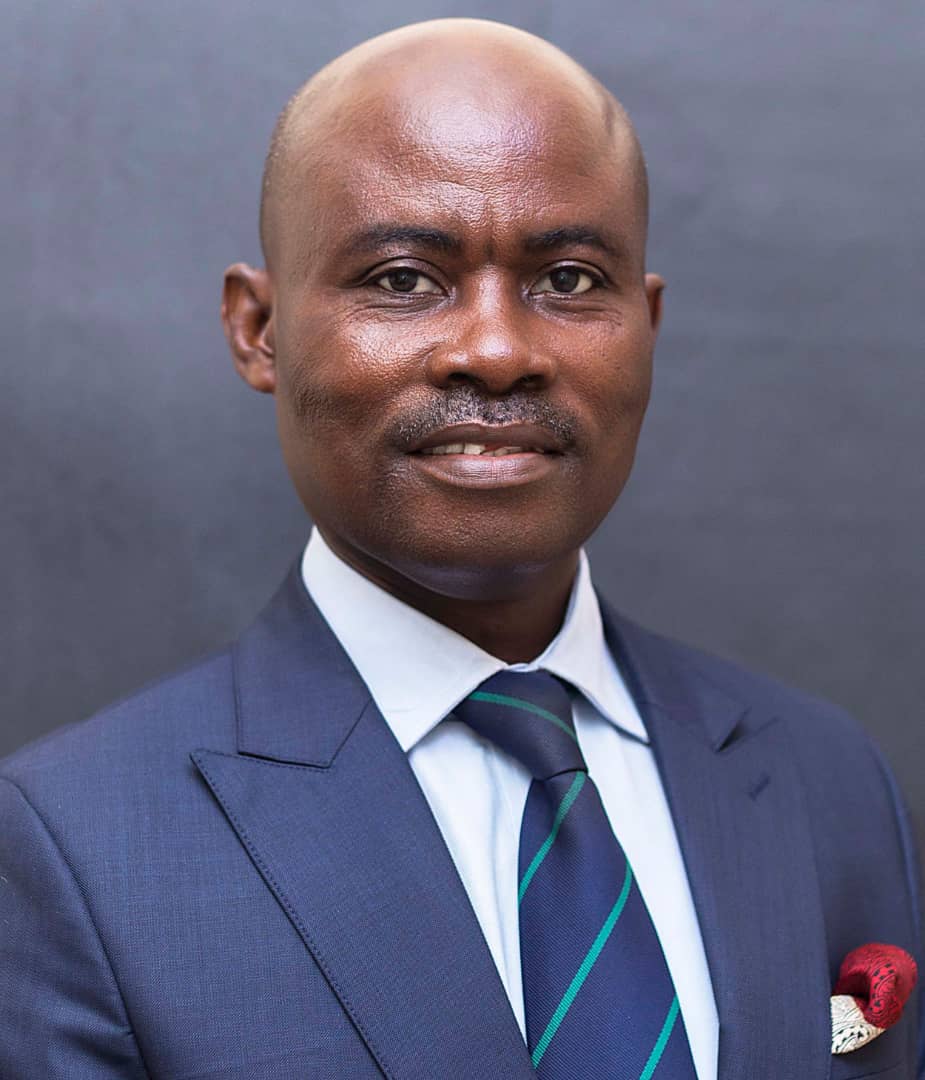
cadomako-kwakye.law@knust.edu.gh
Telephone / WhatsApp: +233 24 370 1197
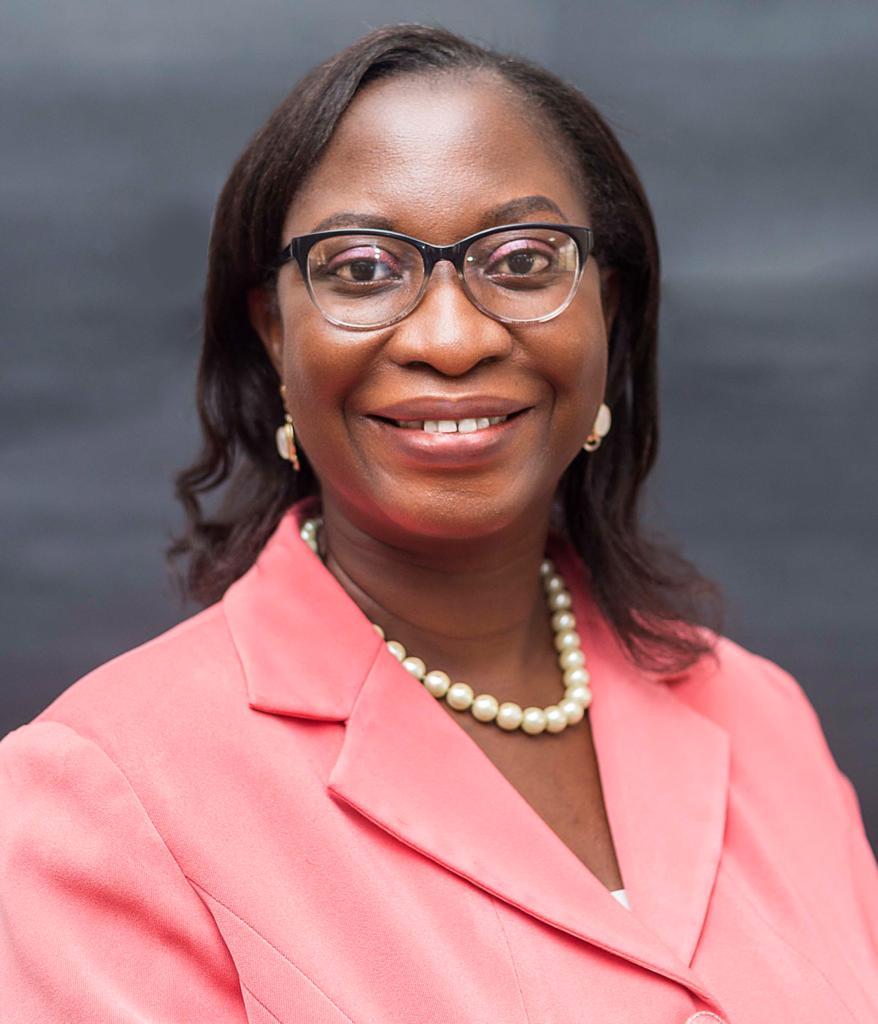
Email : adanderson.reg@knust.edu.gh
Telephone/WhatsApp : +233264181427

